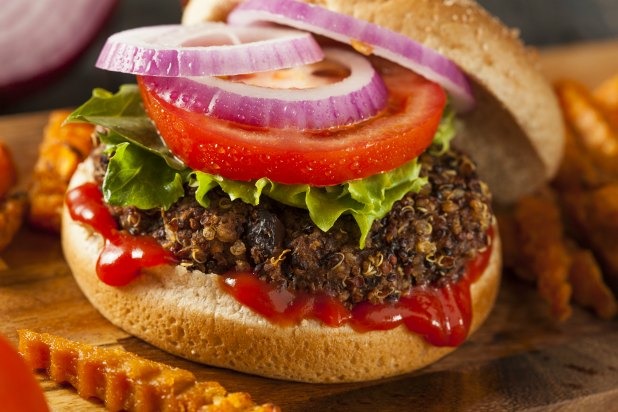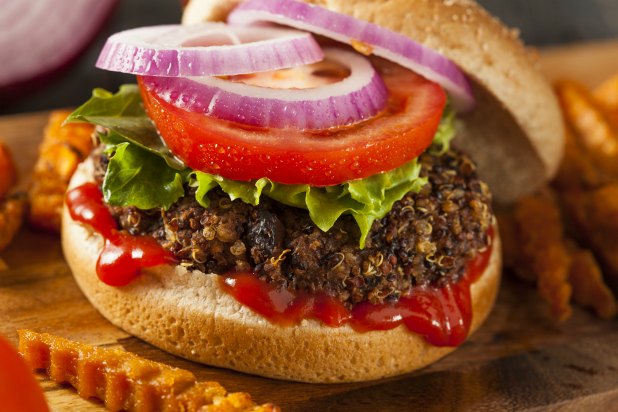Butter Vs. Margarine And 7 Other Food Face-Offs
Anyone who tries to eat healthfully and follow the latest nutrition advice will tell you there is a lot of conflicting information out there. On any given day a particular food may be touted as a "superfood" with multiple health benefits, and the next day its title is revoked because it allegedly causes cancer. With an overwhelming amount of ever-changing information, how do we know which foods are healthiest for us to eat? How do we know which ones truly live up to their health claims and which ones are just passing fads?
Click here to see the Butter vs. Margarine and 7 Other Food Face-Offs (Slideshow)
In general, it's best to eat a variety of whole foods for health; foods that have as few ingredients as possible, are either minimally processed or not processed at all, and that have no additives or preservatives. Simple foods like fresh fruits and vegetables, grains, legumes, seeds, nuts, and certain meats are some of the healthiest foods you can eat. Many nutritionists recommend eating a variety of colorful whole foods and, when you do eat multi-ingredient foods, to choose those whose ingredients you can readily recognize. As a general rule of thumb, don't eat a food if you can't pronounce any of the ingredients in the ingredient list.
To make matters more complicated, some whole foods are more nutritious (and provide more health benefits) than others. Though you're generally making a good and healthy choice when you choose whole foods, some don't deliver the health benefits they promise. This can happen for a variety of reasons including our bodies' ability to absorb certain nutrients, the effect of cooking (or not cooking) a particular ingredient, or the exaggeration of health claims, to name a few.
As a result, health foods are often pitted against each other. Turkey burgers are better than beef patties, quinoa is better than brown rice, and so on. Healthy eating shouldn't be complicated, so we've set out to get the truth about these health food face-offs once and for all.
Turkey Burger vs. Veggie Burger
(Credit: Shutterstock)
Although these two burgers are about the same in calories, turkey burgers have more fat and cholesterol. Veggie burgers have more fiber, iron, vitamins, and minerals; just be sure you make your veggie burgers from scratch or get a low-sodium variety to avoid eating too much salt.
Quinoa vs. Brown Rice
(Credit: Shutterstock)
Though both are healthy and brown rice can help lower cholesterol, quinoa wins this face-off because of its extra protein, fiber, and iron. Quinoa also packs more folate, zinc, potassium, and phosphorus.
Click here to see more of the health food face-offs
Kristie Collado is The Daily Meal's Cook Editor. Follow her on Twitter @KColladoCook.

